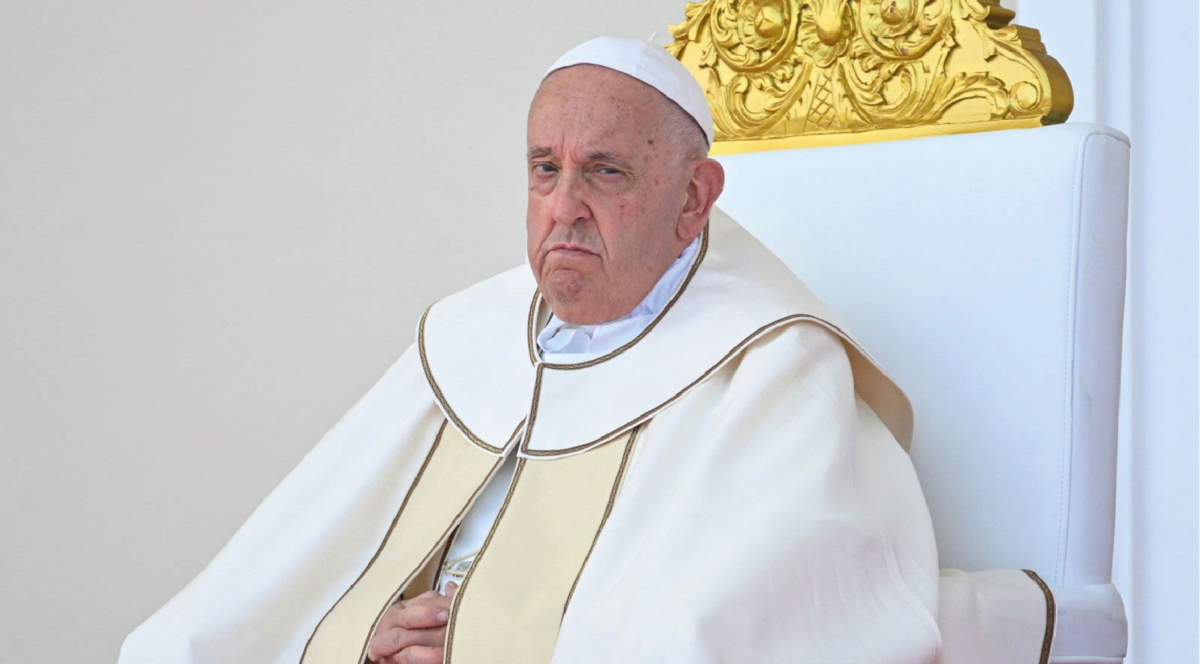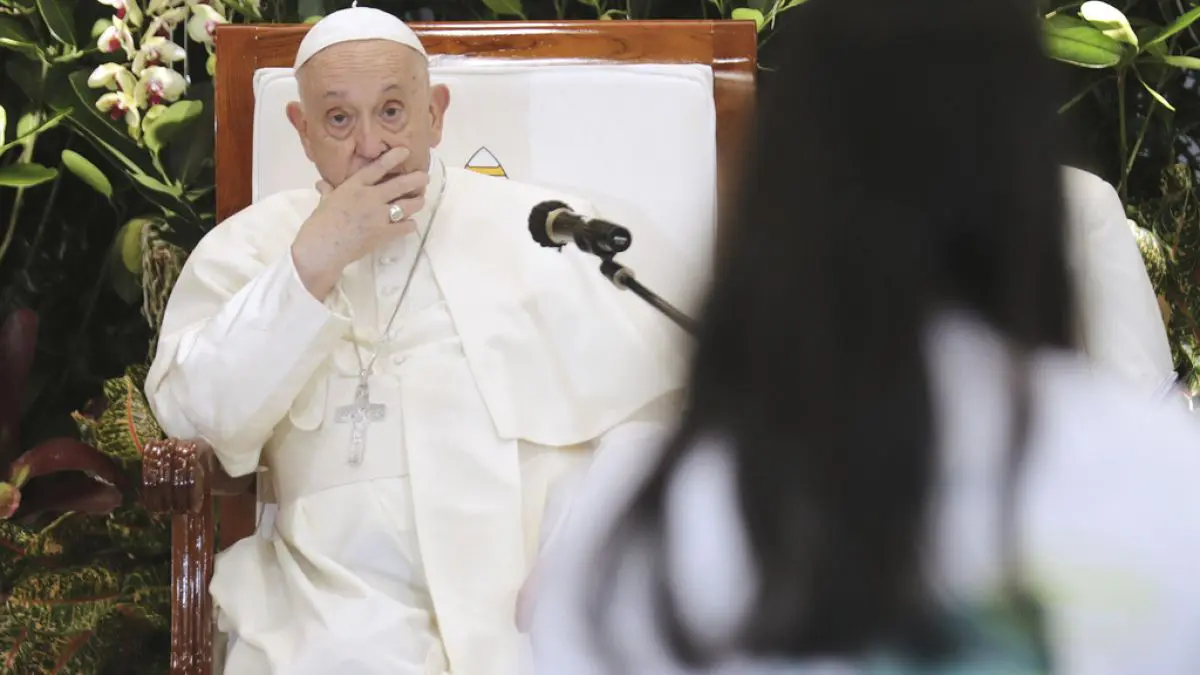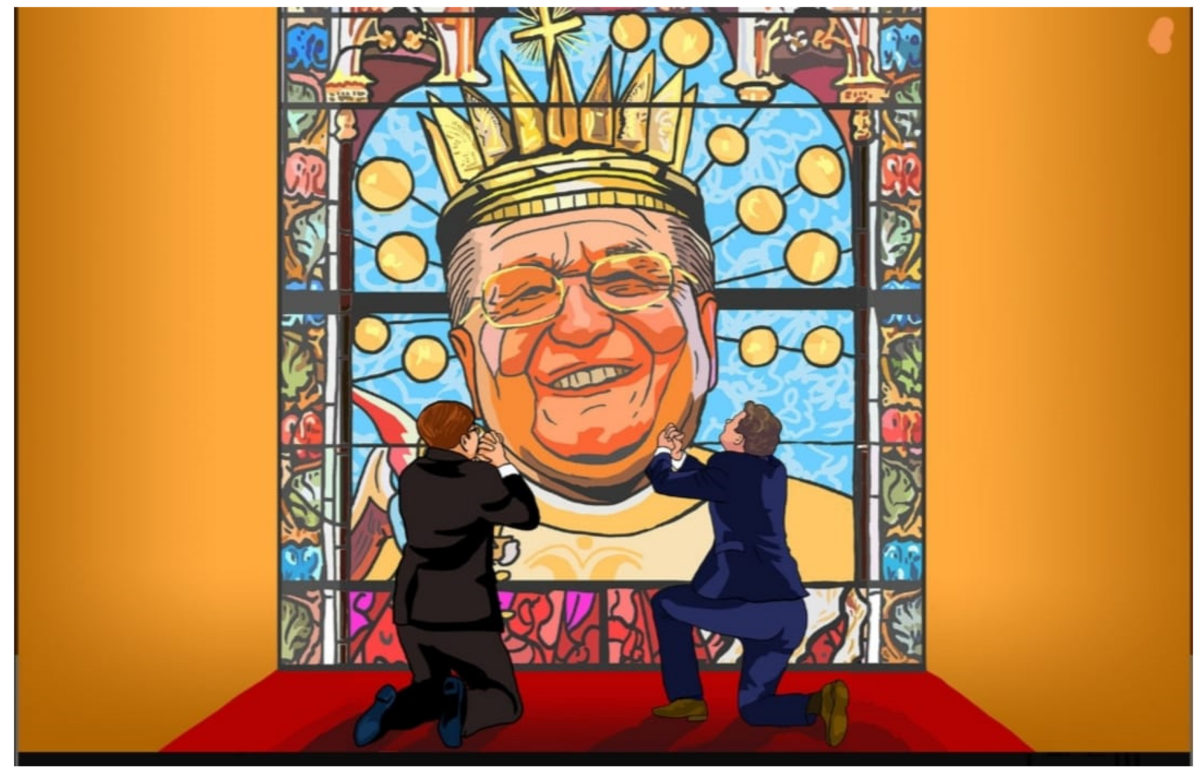The Catholic Church has been under intense scrutiny due to a series of scandals that have shaken its very foundation. The attention brought by these scandals often overshadows the good work that many priests do, drawing a narrow lens through which the public views the clergy. The media has a tendency to focus on the negative narratives, leaving little room for the stories of compassion, dedication, and unwavering faith that many priests exemplify daily. This article delves into the harsh realities faced by priests, their enduring commitment to their vocations, and the significant impact they have on their communities.
In an age where the image of the clergy is often tarnished by scandalous headlines, it is imperative to recognize the vast majority of priests who serve faithfully and quietly. From catering to the spiritual needs of parishioners to extending a hand to the marginalized, their lives reflect the teachings of Christ in profound ways. Understanding the dichotomy between public perception and true priestly life is central to appreciating their ongoing mission amidst adversity.
The Public Perception of Priests
When one thinks of clergy, the first images that might come to mind are often shaped by the media narratives that dominate headlines. Scandals featuring priests have garnered significant attention, leading many to form a generalized perception that all clergy are complicit in wrongdoing. However, this view overlooks the reality that the vast majority of priests are dedicated individuals who refrain from any negative behaviors and strive to embody the values of their faith.
The Plane Crash Principle
The analogy presented by the famed evangelist Billy Graham regarding airplane crashes is particularly relevant. He suggested that the media’s focus on rare tragedies often eclipses the daily safe flights that occur countless times around the world. Similarly, while unfortunate incidents involving clergy do occur, they do not negate the thousands of successful and positive engagements that priests have with their communities.
In this way, it is essential to approach the discussion with the understanding that media coverage tends to highlight the unfortunate exceptions rather than the routine positive conduct of priests. The stories that go untold include those of a priest visiting a sick parishioner late at night or conducting community outreach on a regular basis, tales that foster connection and hope rather than sensationalism.

Impact on Public Trust
The prevalence of scandals has unfortunately marred public perception, leading to distrust towards the clergy. This challenge is not just limited to priests; it affects the entire church hierarchy and the broader community. Those seeking spiritual guidance may hesitate to engage with clergy due to the fear of hypocrisy or abuse. Consequently, some are left wondering how they can rely on spiritual leaders who are layered in scandal.
To rebuild this trust, it is crucial for the church to emphasize accountability and transparency within its ranks. Initiatives geared towards educating the public about healthy relationships, pastoral care, and fostering genuine dialogue can go a long way in re-establishing faith in the clergy.
A Call to Action for the Church
The Church’s response to these scandals is paramount. Emphasizing the training and ongoing formation for priests is essential to align their practices with the values they are sworn to uphold. By ensuring they engage in regular self-reflection and community involvement, priests can better serve their parishes while also addressing the scars left by scandalous behavior. This approach is not merely a response to the current crisis; it is a dedication to creating a culture of care and protection within the Church.
The Dual Role of a Priest
Priests often find themselves balancing the spiritual, emotional, and practical needs of those they serve. Their roles transcended simplistic titles, becoming multifaceted individuals as they navigate their commitments.
Spiritual Leaders
As spiritual leaders, priests are expected to guide their congregations in faith. This includes not just delivering powerful sermons that challenge and comfort but also being available for personal confessions, counseling, and guidance. They play a crucial role in shaping the moral fabric of their communities, often guiding discussions that reflect on current societal issues through the lens of faith.
However, despite their spiritual guidance, their authority is questioned when scandals come to light. This further complicates their ability to perform their duties effectively. Although they are human and susceptible to flaws, their capacity to minister is tethered to their public perception. This delicate balance between being a revered leader and facing the faults of their peers can weigh heavily on a priest’s shoulders.
Catalysts for Change
Beyond their spiritual duties, many priests act as catalysts for social action within their communities. They may steer initiatives aimed at helping the homeless, advocating for refugees, or supporting marginalized groups. Their understanding of the social justice teachings of the church empowers them to lead by example, often pushing back against a culture that may prioritize individualism over community welfare.
Such activism fosters a sense of belonging and purpose within the church. Stories of priests developing food drives, volunteering in shelters, or forming partnerships with local organizations reveal their commitment not just to their parish, but to the larger societal landscape as well. These undertakings often go unnoticed, a stark contrast to the attention garnered by scandal.

The Ongoing Formation of Priests
The necessity of continuous education for priests cannot be overstated. As the landscape of society changes, so too must the knowledge and skills of priests evolve to keep pace with contemporary challenges. Ongoing formation programs serve to empower priests by equipping them with the tools and resources necessary to confront modern issues effectively.
Understanding Contemporary Issues
Today’s societal challenges often include topics such as mental health, social justice, and interfaith dialogue. Recognizing the complexity of these matters allows priests to engage with their congregations on deeper levels. By remaining informed and adaptable, they can address misconceptions within their communities and educate parishioners on navigating difficult conversations. Moreover, priests’ access to continued theological education fosters relevance and legitimacy in their roles.
Building Resilience
In light of recent events, ongoing formation can also focus on building resilience among the clergy. Programs designed to fortify their emotional and spiritual well-being help to equip them when navigating stressful encounters or addressing community crises. Having a solid support network ensures that priests can seek help when facing challenges that threaten their call to serve. Practicing self-care and building healthy support systems can ultimately empower them to persevere amidst adversity.
The Sacramental Vocation of Priests
At the heart of a priest’s life lies the sacred vocation they embrace through their ordination. This call to serve God, the Church, and their communities sets them apart as conduits of grace and compassion. Their daily commitment to the sacraments is foundational not just for their spiritual lives but also for their congregations.
The Role of Sacraments
The administration of sacraments, such as Reconciliation and Eucharist, reinforces the priest’s unique role within the Church. These sacred acts cannot be fulfilled by anyone else, making their priestly ministry vital. In the act of offering and celebrating the sacraments, priests are able to provide a sense of belonging and connection to God for their parishioners.
Building Community through Sacramental Life
A priest’s participation in sacramental life nurtures communal bonds among parishioners. Weddings, baptisms, and funerals are poignant moments in the lives of families, and priests serve as vital participants during these significant events. Through these rituals, they strengthen the ties that bind their congregation, emphasizing a sense of shared faith and collective identity. These memories are often cherished well beyond the immediate experience, serving as a reminder of the grace and love that God extends through their ministry.

The Personal Journey of Priests
The road to priesthood often involves a significant personal journey marked by self-discovery, commitment, and trials. Understanding their stories provides insight into the resilience and dedication that underpins their calling.
The Choosing of a Vocation
Every priest’s path is unique, with some feeling their calling from a young age while others arrive at priesthood later in life. The decision process can be riddled with doubt, challenges, and societal expectations. Transitioning to life as a priest requires letting go of personal aspirations to embrace selflessness as they lead others in faith.
Overcoming Obstacles
Many priests face substantial obstacles on their journey, including familial challenges, personal crises, and the pressures imposed by societal views on the Church. This can often lead to inner turmoil as they grapple with their identity while being shaped by the external perceptions of clergy life. The struggles they endure only serve to increase their capacity for empathy, making their experiences all the more relatable to those they serve.

The Joys and Rewards of Priesthood
Despite the challenges, many priests report immense joy that springs from their vocation. Moments of connection with parishioners, witnessing transformative spiritual journeys, and participating in the profound experiences of life all contribute to their sense of fulfillment.
Each baptism, marriage, or funeral allows them to play an integral part in the sacred fabric of their community, shaping their narrative into one of mutual support and faith. These experiences serve as a reminder of the beautiful impact they hold in peoples’ lives. The joy found in community service initiatives, spiritual counseling, and pastoral care underscores the deeply rewarding aspects of their calling.
A Lasting Legacy
Ultimately, the stories and lives of faithful priests extend well beyond their time within the Church. The various impacts they have on their parishioners often ripple outward, creating lasting change within communities. Through education, support, and acts of kindness, they inspire countless individuals to lead lives centered on faith and compassion.
In a world where scandals might dominate headlines, it’s essential to recall the true spirit of the priesthood, which stands as a beacon of hope and a testament to the enduring commitment to serve. Priests continue to strengthen the Church’s foundation, and through their daily commitments, they reflect the boundless love of God.
Hi, I’m Sarah, a 30-year-old journalist with a passion for storytelling and uncovering the truth. I strive to bring important issues to light and connect with my audience through compelling narratives.



